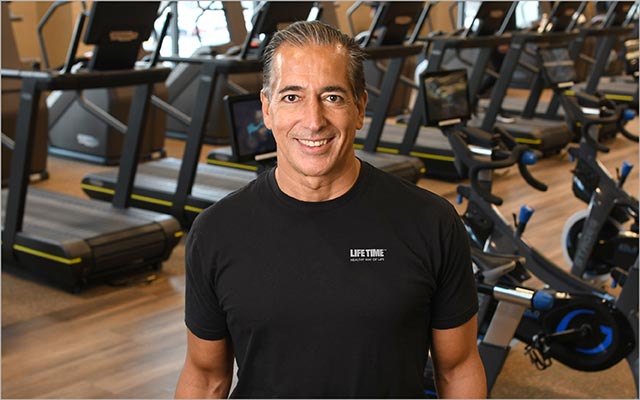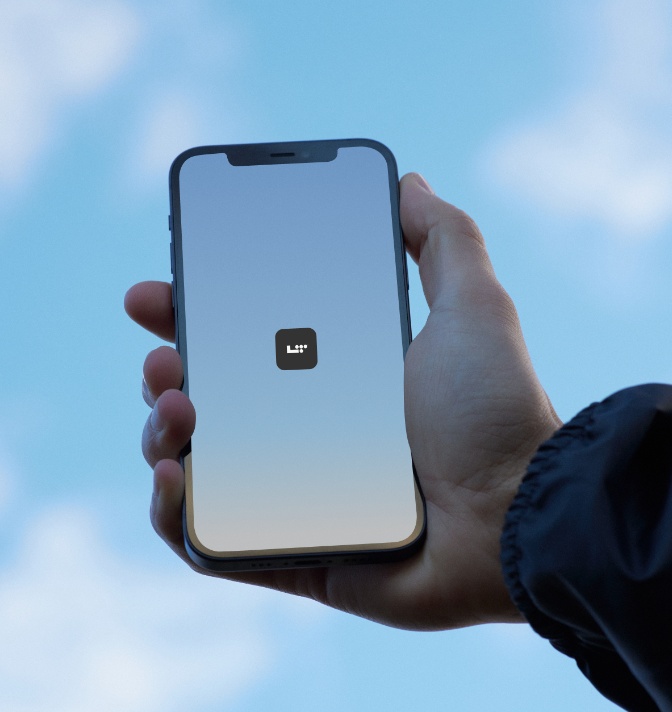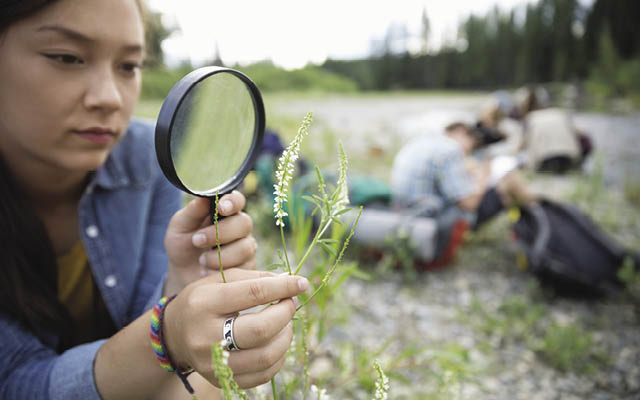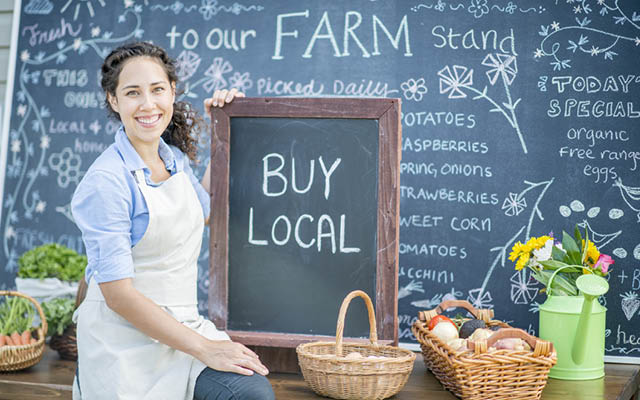The word “ecosystem” is used in conversations around the world today. It’s a term that many of us likely became familiar with in an early science class, understanding it as a community of organisms that live within a physical environment.
If you ever took a Latin class, you might have also learned that the prefix “eco-” comes from the ancient Greek word “oikos,” which means “house,” and that “system” stems from “systema” — the organized whole, parts that exist together.
As our education continued, our study of these systems helped us understand our world, from expansive oceans teeming with life and covering nearly three-quarters of the earth’s surface, to the tiniest of tide pools harboring expansive constellations.
Barely inches across, even the smallest tide pools are alive with activity: Their temperature and pH levels affect the photosynthesis of seaweed and algae, which provide nourishment for abalone, which in turn become lunch for sea stars.
We’re surrounded by fascinating, interconnected worlds like this: the magic of millions of microorganisms packed inside a thimbleful of forest topsoil, interacting with and dependent on each other. Our own bodies (even our mouths) have microscopic systems of bacteria, fungi, and protozoa that contribute to our individual health.
In each tiny bubble of life, every factor depends on another, and each element plays an exclusive role. It’s this brilliance, this biodiversity, that allows countless species to not only survive but thrive.
Yet, as our population continues to grow, we threaten the genius of our own existence: We’ve flattened forests and filled wetlands for suburban growth. We’ve turned Great Plains tallgrass prairies into farmland.
We’ve cleared Amazonian canopies, under-stories, and forest floors that support vast food webs. We’ve turned up the heat, causing the delicate coral of the Great Barrier Reef to lose its brilliant color, and thus its life: The water is just too hot. Without these structures, whole systems collapse.
We can’t go on like this. The health of the planet — and our existence — depends on changes we know we must make.
We’re eager for sound policy interventions that change the course, reverse the direction, and restore equanimity. But these take a vast amount of time to implement, as well as substantial understanding and cooperation from the many ecological, social, and political systems that are involved.
We can’t wait for them. We must act on the closer, clearer solutions that are available. And it starts by listening, paying attention, and becoming better informed — so we understand the implications of our own actions and behaviors. Then we must make decisions based on this knowledge.
And the interesting thing? While a problem may seem as vast as the ocean, and we may question whether our decisions can truly address a problem of such magnitude, it’s often more like a tide pool. However small, every action we take is connected to something else, and combining our efforts can cause a powerful ripple effect.
Each daily decision matters. That’s why we need to think about what we’re doing, analyze each situation, and absorb as much information as we can to help us make better, healthier, more serious save-the-world choices.
I simplify our options by breaking them down into three categories:
- We can make choices that are good for us but not for the system.
- We can make choices that are good for the system but not for us.
- We can think for a bit, get curious, ask questions, and look for the solution that is good for us and good for the system.
It’s obvious that the first two come with compromises. The third — considering the whole and the individual — has the potential to make a real difference. Over time, taking this approach can become more natural and intuitive. It’s not that different from learning a new hobby or committing to a workout program: It takes conscious repetition to build a lasting habit or behavior.
It’s how we can all become good stewards of this world we’ve inherited. Caring for it is one of the most ancient, worthy, and satisfying responsibilities, and we each play a vital role in both cherishing and vigilantly preserving it.
Every day is an opportunity to contribute. So, take the time. Think about the world we share, as an individual, within the greater whole. Together, we can honor the greatest ecosystem of them all: planet Earth. Our house and our home.






This Post Has 0 Comments